
Dispatches, United States
Will The United States Change Its Approach To The War On Drugs?
June 14, 2011 By Molly OToole
But the California initiative failed, and despite evidence of the failure of the War on Drugs, the Obama administration has continued its policies, ramping up spending on interdiction and enforcement to record levels, according to the Associated Press. In 2010, interdiction and enforcement accounted for $10 billion of Obama’s $15.5 billion budget for drug control.
Although the administration has emphasized a “public health” approach, a White House spokesman immediately dismissed the report and the recommendations of the Commission.
“Making drugs more available — as this report suggests — will make it harder to keep our communities healthy and safe,” said Rafael Lemaitre, spokesman for the Office of National Drug Control Policy, according to the Los Angeles Times.
While several prominent Americans serve as Commissioners — Ethan Nadelmann, Executive Director of the Drug Policy Alliance, who hosted the event, described honorary chair George Schultz as former secretary of “everything;” John Whitehead, a banker and chair of the World Trade Center Memorial, is also a member, as is Paul Volcker, former Chairman of the U.S. Economic Recovery Board and the U.S. Federal Reserve — none were present at the conference.
Yet even members of the Commission recognized that the chances of a true transformation of international drug policy are slim without the support of one of the world’s strongest policy players.
Gaviria was pessimistic at the prospect of U.S. support. “It is difficult to have a sense that the U.S. will move in a change of language and change of policy if they don’t have debate,” Gaviria said. “It makes it very difficult to look for alternatives.”
Though U.S. representation was absent from the report’s release, and government sources have opposed its findings, Gaviria, like several members of the Commission, made the U.S. present instead in his arguments for the need to end the war on drugs.
“The only approach to this problem of narcotrafficking is not prohibitionism … there are a lot of things to do that can be more effective and at least less harmful for societies than what we have now,” Gaviria said, but added, “We are trying to promote debate. We don’t pretend we are going to change the world.”
As the Commission’s report states, the global drug problem is a health and social challenge for today and the future, “rather than a war to be won.”
Image: Televisão Cultura @ Flickr.
About Molly OToole
Molly O’Toole has worked for a dozen publications, from Los Angeles Magazine and USA Today to current contributions at Newsweek International and The Associated Press. She most recently returned from three months in Mexico City, working for the AP and on her thesis about U.S.-Mexico relations. Molly earned her M.A. from New York University in the global joint master's program for journalism and International Relations. She graduated cum laude from Cornell University and is a native of San Diego, California.
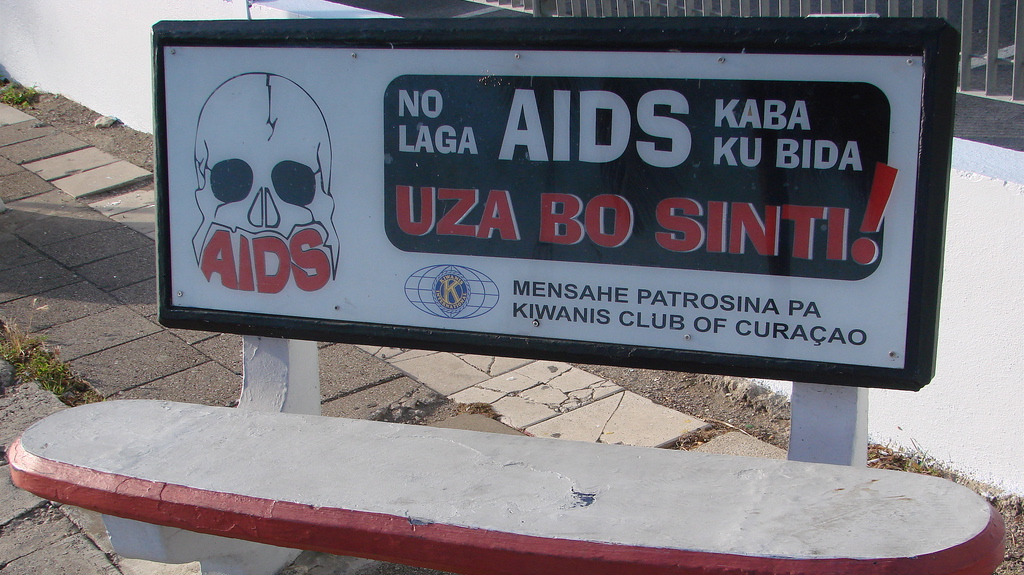
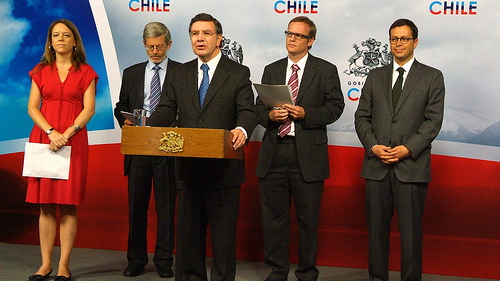
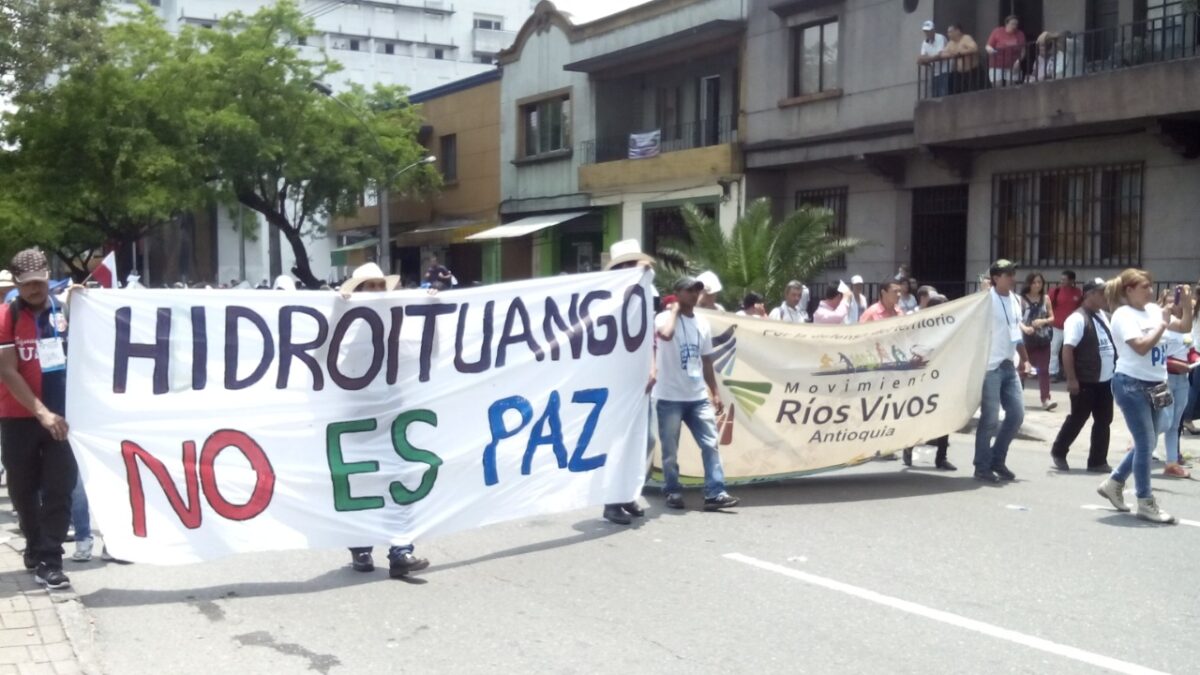
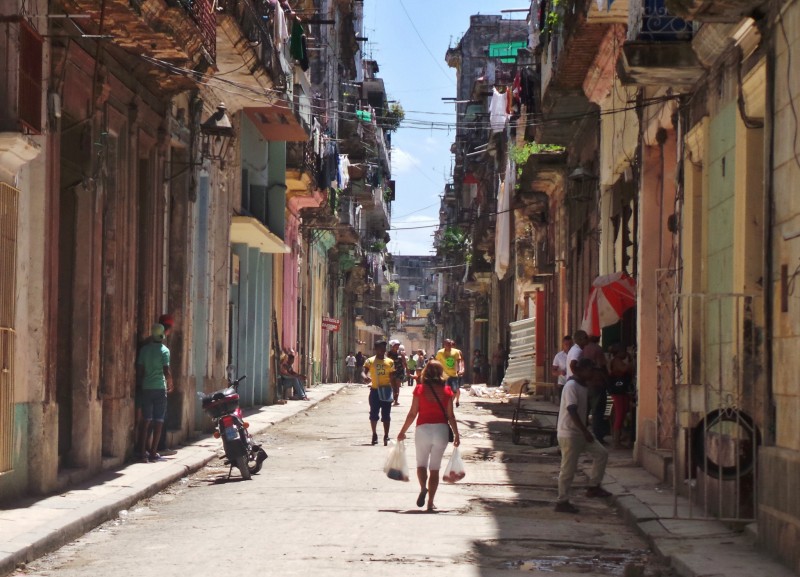
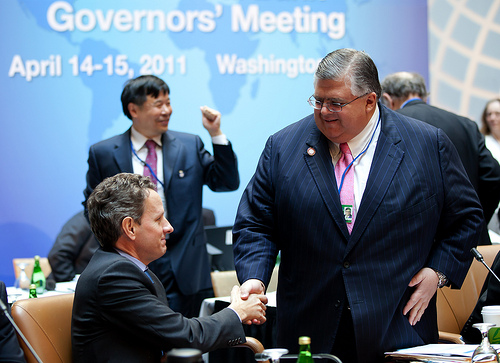

4 Comments
An important aspect of Individual freedom is the right to self-medicate, or to do with yourself as you please as long as your actions cause no unnecessary suffering or direct harm to others. Some among us may disagree with this, and they should be free to believe what they wish. But the moment they are willing to use force (paid for with our own hard-earned taxes) to impose their will on the rest of us, is the exact same moment that the petty criminals/dealers, the Mafia, drug barons, terrorists and corrupt government officials/agencies enter the equation. The problems created by any possible self-harm then rapidly pale into insignificance as society spirals downwards into a dark abyss, while the most shady characters and black-market corporate entities exponentially enrich themselves in a feeding frenzy likened to that of piranhas on ‘prohibition engendered’ bath-tub meth.
Every-time the ghastly consequences of prohibition are falsely blamed on the users, it diminishes the culpability of those who are truly responsible for maintaining the status quo. Prohibition is an absolute scourge -the end! The use of drugs is NOT the real problem, the system that grants exclusive distribution rights to violent cartels and terrorists IS.
When governments prohibit drugs they effectively and knowingly hand a monopoly on their sale to dangerous criminals and terrorists. Without a legal framework in which to operate, these black-market entities can always be expected to settle their disputes violently, while terrorizing many peaceful and innocent citizens in the process. Were the users of alcohol to blame for the St Valentines massacre in 1929? Of course not! It is just as naive to assume that one can compel all the users of Marijuana or Cocaine to simply quit, as it is to assume that all the users of Alcohol should have stopped drinking after the introduction of alcohol prohibition in 1919.
Nobody can be expected to obey bad laws, like ones that infringe on logic as well as the fundamental right to decide on what medicine or poison an individual adult may, or may not, ingest. The corruption, violence and death ultimately arising from such bad public policy should always rest squarely on the shoulders of those ignorant imbeciles who are responsible for implementing and supporting such foolishness.
Prohibition is nothing less than a grotesque dystopian nightmare; if you support it you must be either ignorant, stupid, brainwashed, insane or corrupt.
I vote to completely remove drug prohibition and apply a regulatory structure similar to alcohol.
I have not heard of a single reason as to why drug prohibition should remain.
That’s my vote!
I have little to add to Malcolm Kyle’s excellent comments (love that analogy to the St. Valentine’s Day massacre) except to toot my horn, if I may, by saying that the Council on Hemispheric Affairs recently said some very nice things about my book, Letter to a Prohibitionist, a revised edition of which just went up at Amazon.com only a couple of hours ago (you can read the COHA blurb there).
Yes, the possibility of self-harm pales in comparison to the violent underground market created by Prohibition II. American sure love sequels — and there’s no question that Prohibition II, a sequel that now spans the world (but created in the United States) is worse than the first installment from the 1930s. And as for any tender-hearted readers who may object to his anger, Kyle’s “ignorant imbeciles” is not too strong a term to describe prohibitionists. It’s perfect, actually.
Living near Juarez, the most violent city in the world, and a microcosm of the worst aspects of the ‘war on drugs,’ it becomes more evident every day that the punitive paradigm guiding American drug policies is an absolute failure. Politics play an important role here, just as corruption in Mexico greases the machinery of the protracted campaign of president Felipe Calderon’s misguided war. The surge in deaths, to the tune of 40,000 since Calderon’s mimicry of Richard Nixon began in 2006, are undeniable evidence of a poorly premised strategy. Agencies under the auspices of Homeland Security have only one answer, and that is to continually raise budgets. All the while their effectiveness diminishes, and the police state they have built in the borderlands does nothing more than exacerbate resentment. Remove the profit incentives, and the cartels will be toast. A great quote from the movie ‘Traffic,’ says: “If there is a war on drugs, then many of our family members are the enemy. I don’t know how you wage war on your own family.” By turning the Mexican military on the civilian population, that is precisely what Calderon has done. Nixon, Reagan, and Bush Sr. did the same thing, creating a war with no strategy for its ending.
Comments are closed.